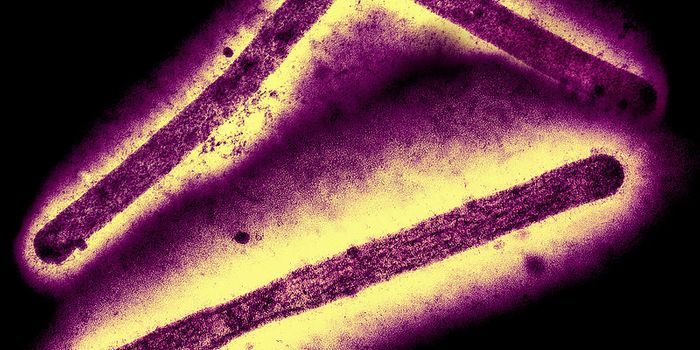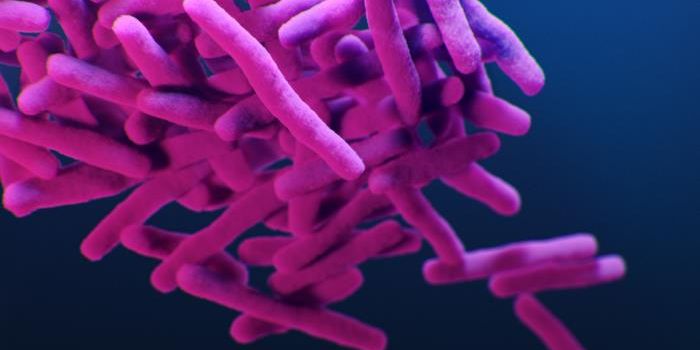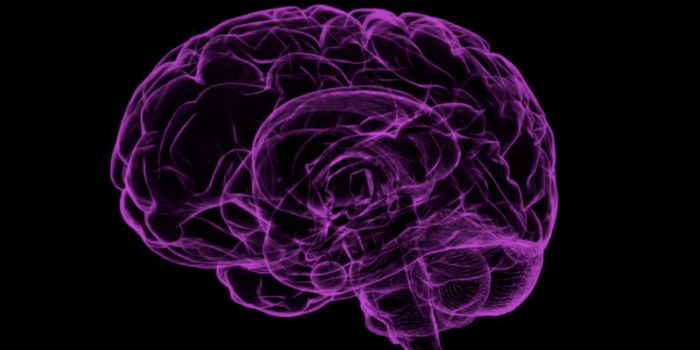Depression is Not Caused By Genetics
Since the discovery of DNA, attributing the cause of illnesses to genetic reasons became trendy. Depression was no exception- with hundreds of studies having been published supporting claims of single genetic factors leading to its onset. Now however, compelling research shows that there is no link between depression and genetic.
Researchers from the University of Colorado Boulder reviewed hundreds of studies that, within the last 25 years, identified “candidate” genes for depression. In particular, they found 18 genes that featured at least 10 times in earlier studies.
Then, using data from over 502,600 individuals from sources including UK Biobank, 23andMe and the Psychiatric Genomics Consortium (a combination of results from online mental health questionnaires and DNA samples), the researchers closely examined the 18 genes. In the end, they found that all previous findings suggesting these genes to lead to depression were from false positive results.
The researchers said, “Our results demonstrate that historical depression candidate gene polymorphisms do not have detectable effects on depression phenotypes. Furthermore, the candidate genes themselves (with the possible exception of DRD2) were no more associated with depression phenotypes than genes chosen at random.”
With its large sample size and rigorous analytical methodology, this research is the most comprehensive study of historical candidate polymorphism and candidate gene hypothesis in depression until now. This in mind, what could be behind the false-positive findings from previous studies?
It seems that small sample sizes were likely a major culprit. Between 2000 and 2009 for example, the median sample size of these studies was just 345. Although enough data points to be regarded as statistically significant, most larger studies since have shown no link between genetic factors and depression. In fact, genome-wide association studies consistently find that individual single-nucleotide polymorphisms in large samples have insignificant effects on rates of depression.
Additionally, researchers have suggested that for the most part, studies that support candidate gene theories have used incorrect analytic methods and have been based upon insufficiently representative population samples. Moreover, they have suggested that the selection process for controls is also flawed as genetic phenotypes can take lifetimes to manifest.
What does this mean for the cause of depression? Rather than considering depression as an illness in of itself, psychiatrist Dr Kelly Brogan considers it to be a symptom of lifestyle choices that are incompatible with our biology. Whether founded upon an excess of stress factors or simply the wrong diet leading to an unbalanced microbiome, she recommends addressing these causation factors as a more efficient solution for the condition than rumination on possible genetic roots.
Does this then mean that there is no genetic basis for depression? Not necessarily. Although the researchers from Colorado found no evidence to support a significant link between genetic factors and depression, they do not say that it can not be inherited at all. Matthew C. Keller, senior author of the study said, "We are not saying that depression is not heritable at all. It is. What we are saying is that depression is influenced by many, many variants, and individually each of those has a minuscule effect."
Sources: The American Journal of Psychiatry, Epoch Times, Medical News Today, Kelly Brogan MD









